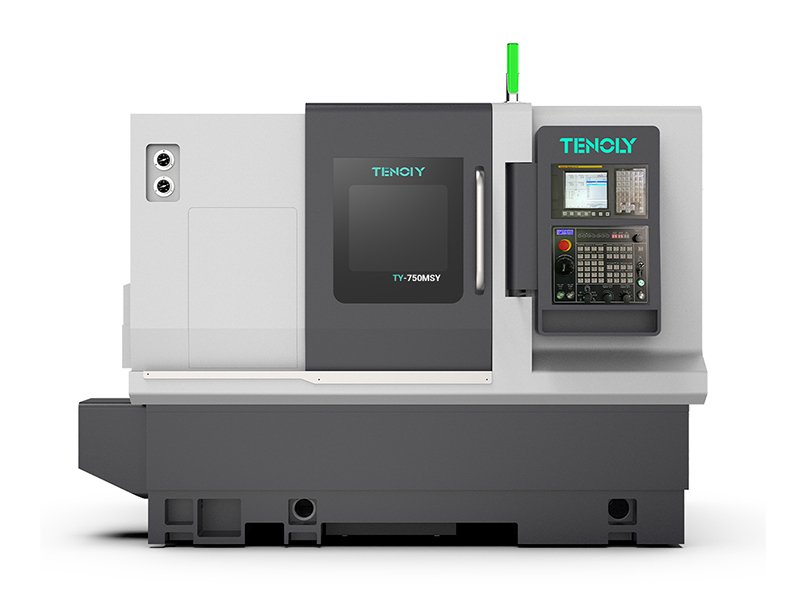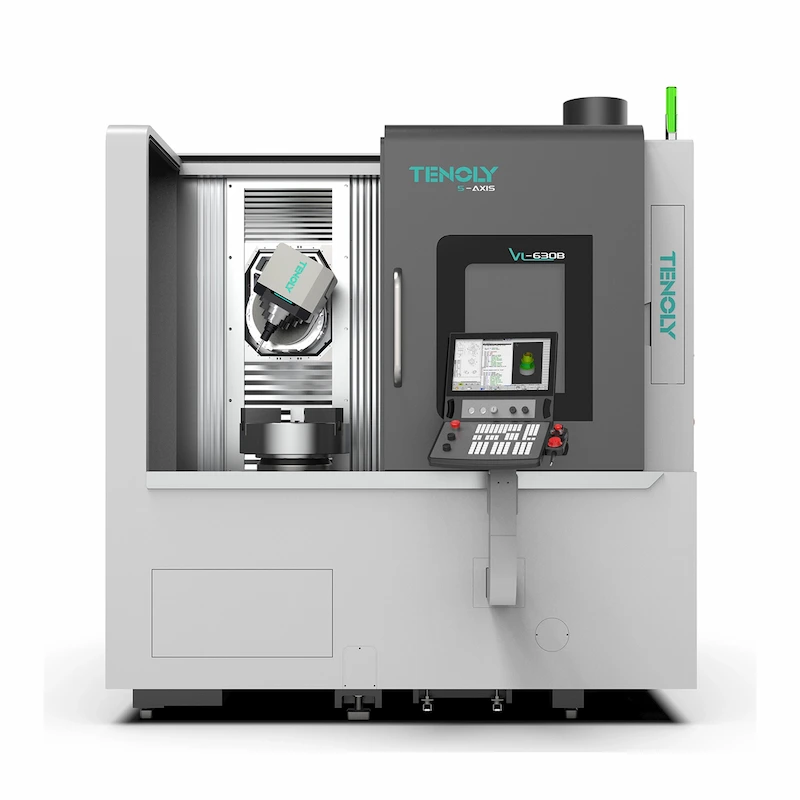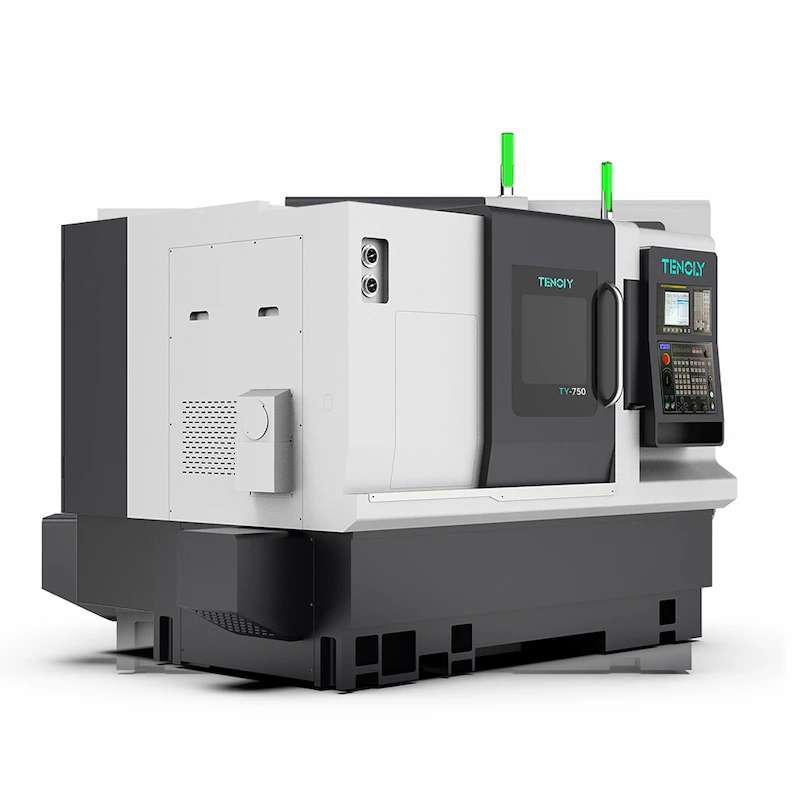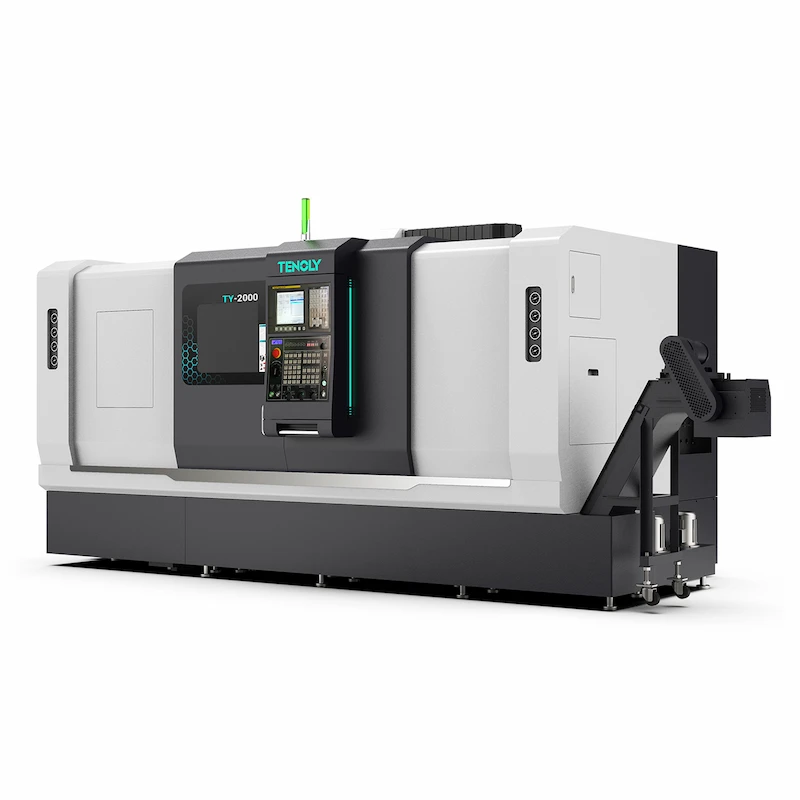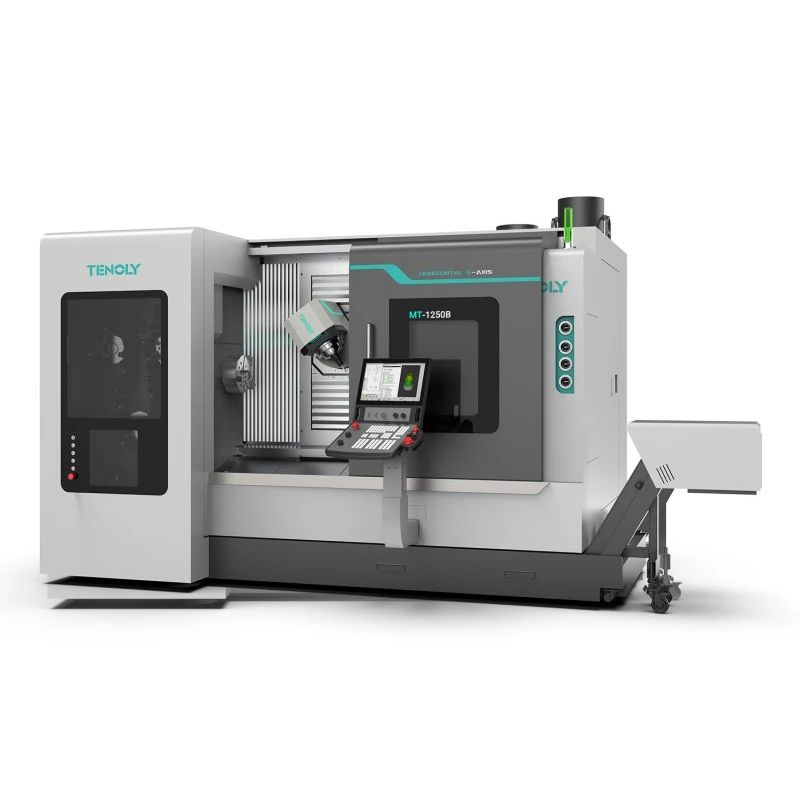Choosing the right CNC lathe is crucial for any machining project. It can significantly impact the quality and efficiency of your work.
With many options available, selecting the best fit can be daunting. Factors like automation, production needs, and manufacturer reputation play a vital role.
Understanding these elements helps in making an informed decision. This guide will walk you through the essentials of choosing a CNC lathe.
Whether you’re a manufacturer, engineer, or hobbyist, this information is tailored for you. Let’s explore the world of CNC lathes together.
Understanding CNC Lathes
CNC lathes revolutionized machining with precision and automation. They craft complex parts with high accuracy. Unlike traditional lathes, CNC versions use computers to control the machining process.
Their advantages include precision, consistency, and reduced manual labor. These machines can handle diverse tasks, enhancing productivity. They have become essential in various industries.
Key factors to consider include machine type, power, and software compatibility. These elements will determine how well the CNC lathe fits your needs. Selecting the right type is crucial for efficiency.
Further, understanding the core function of a CNC lathe can guide decisions. In the next sections, we’ll explore what sets CNC turning lathes apart. Let’s delve deeper into their role in modern machining.
What is a CNC Lathe?
CNC lathes use computer programming to automate machining. This precision tool rotates materials against turning tools.
These machines create precise parts quickly. Their capabilities include drilling, cutting, and threading.
· Automated Control: Operates with precision.
· Versatile: Ideal for various tasks.
· Efficient: Boosts production speed.
Advantages of CNC Turning Center
CNC turning lathes bring numerous benefits. They offer unparalleled precision and speed for machining cylindrical parts. This makes them vital for many industries.
Turning lathes reduces human error and increases consistency. They also allow for quick changeovers between projects, boosting productivity. Additionally, they support a range of materials.
· Precision: Achieves high accuracy levels.
· Flexibility: Adapts to various materials.
· Efficiency: Reduces downtime and waste.
Types of CNC Lathes
CNC lathes are primarily categorized into two types: horizontal and vertical, depending on their structure and application requirements. Horizontal lathes have a horizontal spindle, making them suitable for machining long workpieces and facilitating chip removal. Vertical lathes have a vertical spindle, making them suitable for large, short shafts and disc-shaped workpieces, offering high machining stability.
The number of spindles also contributes to classification. Single-spindle lathes are suitable for simple machining tasks, while dual-spindle lathes can simultaneously machine both ends of the workpiece, improving efficiency and making them suitable for continuous, multi-process production.
Furthermore, CNC lathes can be categorized into two-, three-, four-, and multi-axis lathes based on the number of axes and the complexity of their motion. Multi-axis lathes offer greater flexibility and precision, easily handling complex geometries.
· Horizontal lathes: Horizontal spindles are suitable for machining long workpieces and facilitating chip removal.
· Vertical lathes: Vertical spindles are suitable for large, short shafts and disc-shaped parts.
· Single-spindle lathes: Suitable for general turning operations and feature a simpler structure.
· Dual-spindle lathes: They can machine both ends of a workpiece simultaneously, offering high efficiency.
· Multi-spindle lathes: Featuring multi-axis linkage, they are suitable for machining complex workpieces.
Advanced CNC lathes are often used for high-volume production. Their robust structure and advanced control systems ensure high speed and precision, enabling continuous operation for extended periods to meet demanding industrial demands. Automated CNC lathes also reduce manual intervention, improving machining consistency and productivity, making them particularly suitable for high-volume part processing.
CNC Lathe Machine for Sale
When buying a CNC lathe, explore multiple options. Sales offer a variety of choices to fit diverse needs. Assess factors such as budget, features, and brand reputation.
List the potential machines, comparing specs and costs. This aids in identifying the best investment for your requirements. Ensure that you select a model that balances cost and functionality.
· Budget-Friendly Options: Select within your range.
· Feature-Rich: Look for necessary specs.
· Reputable Brands: Ensure quality.
Key Features to Consider
When selecting a CNC lathe, prioritize key features that align with your production needs. Precision, size, and control systems significantly impact performance. Each project may require a different set of functionalities, so assess your specific requirements. An understanding of these elements ensures you make an informed decision.
Precision and accuracy
Precision and accuracy are vital for high-tolerance projects. The efficiency of a CNC lathe often lies in its ability to produce consistent results. Consider machines that measure precision in microns for detailed work.
· High Tolerance: Crucial for complex parts.
· Consistent Output: Reduces errors and waste.
Size and capacity
The size and capacity of the lathe are important factors. They determine the machine’s ability to handle specific workpieces and project scales. Choose a lathe that can accommodate the largest components you intend to produce.
· Workpiece Size: Match your project needs.
· Capacity: Ensures versatility and future growth.
Control systems and software
· Control systems and software play a crucial role in operational efficiency. Intuitive interfaces lower the learning curve, speeding up production. Ensure software compatibility with your current systems to optimize workflow.
· User-Friendly: Simplifies operations.
· Compatible Software: Enables integration with existing technology.
Selecting a CNC Lathe Machine Manufacturer
Choosing the right CNC lathe machine manufacturer can greatly influence the machine’s reliability and support. It’s crucial to evaluate several factors when making your decision.
First, consider the manufacturer’s reputation. A company with a strong track record often provides better support and durable machines. Additionally, review the availability of spare parts and after-sales service. These aspects ensure reduced downtime and ongoing maintenance support.
Lastly, examine the technology and innovations the manufacturer offers. Leading manufacturers typically integrate state-of-the-art technology into their machines, enhancing productivity and efficiency.
· Reputation: Established and trusted brands.
· Support: Spare parts and services availability.
· Technology: Advanced features and innovations.
What to Look for in a Manufacturer
When evaluating manufacturers, focus on their industry experience and customer feedback.Experienced manufacturers often produce reliable machines that meet industry standards. Furthermore, customer testimonials can provide insights into real-world performance and service.
· Experience: Years in the field matter.
· Testimonials: Learn from current user experiences.
Understanding these factors helps you choose a manufacturer that aligns with your business requirements and offers reliable machines.
Comparisons of the Top CNC Lathe Machine Manufacturers
Comparing top CNC lathe machine manufacturers can guide you in making an informed choice. Look for differences in their product ranges and after-sales services. Some manufacturers offer customizable machines, while others may provide exceptional customer support.
· Product Range: Varied offerings can suit diverse needs.
· Customer Service: Responsive and helpful support is essential.
By contrasting these elements, you ensure that the chosen manufacturer provides the best fit for your production goals.
Conclusion
Selecting the ideal CNC lathe requires careful consideration of various factors. These include the machine’s precision, type, and the manufacturer’s reputation. Understanding different CNC lathe types and their features can significantly enhance your production process.
The right choice will boost efficiency and ensure high-quality output. By staying informed and evaluating your specific needs, you secure a valuable investment for your production line.

